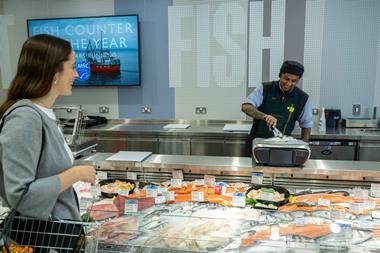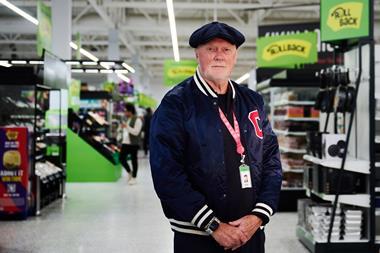Marks & Spencer has seen sales of fish such as fresh pilchards soar by simply renaming them, according to the Mail. In a bid to tempt consumers to try lesser-known species, because of low stocks of traditional favourites such as cod, M&S has rebranded many to make them sound more appealing. Pilchards are now 'Cornish sardines', for example.
The Indie devoted a full page to the news that further cases of the Bluetongue virus had been reported, asking whether the disease spelt disaster for farmers. The paper said Bluetongue was, once established, impossible to eradicate by culling and that it could kill up to 70% of sheep flocks - but added that death rates may be lower than the worst-case scenario and the arrival of winter should kill off insects that spread the disease.
Renewable energy source rapeseed biofuel actually contributes more to global warming than fossil fuels, a new study has suggested. According to The Times, the burning of biofuels derived from rapeseed and maize produced more greenhouse gas emissions than they saved despite biofuels being touted as key to combating global warming.
Delta Two has begun "detailed discussions" with Sainsbury's pension fund as the deal for the supermarket inched closer to completion, the FT reported. The Qatari-backed fund has won over the Sainsbury's board after nearly 10 weeks of discussions but must now secure the support of John Adshead, chairman of Sainsbury's trustees.
The UK Tea Council broke advertising rules by exaggerating the drink's health benefits, the Advertising Standards Authority has ruled. The Telegraph reported that the ASA found the council had no evidence to firmly substantiate any health benefits following complaints over its adverts, which said five portions of fruit and veg and four cups of tea amounted to a healthy diet.
The Indie devoted a full page to the news that further cases of the Bluetongue virus had been reported, asking whether the disease spelt disaster for farmers. The paper said Bluetongue was, once established, impossible to eradicate by culling and that it could kill up to 70% of sheep flocks - but added that death rates may be lower than the worst-case scenario and the arrival of winter should kill off insects that spread the disease.
Renewable energy source rapeseed biofuel actually contributes more to global warming than fossil fuels, a new study has suggested. According to The Times, the burning of biofuels derived from rapeseed and maize produced more greenhouse gas emissions than they saved despite biofuels being touted as key to combating global warming.
Delta Two has begun "detailed discussions" with Sainsbury's pension fund as the deal for the supermarket inched closer to completion, the FT reported. The Qatari-backed fund has won over the Sainsbury's board after nearly 10 weeks of discussions but must now secure the support of John Adshead, chairman of Sainsbury's trustees.
The UK Tea Council broke advertising rules by exaggerating the drink's health benefits, the Advertising Standards Authority has ruled. The Telegraph reported that the ASA found the council had no evidence to firmly substantiate any health benefits following complaints over its adverts, which said five portions of fruit and veg and four cups of tea amounted to a healthy diet.


















No comments yet